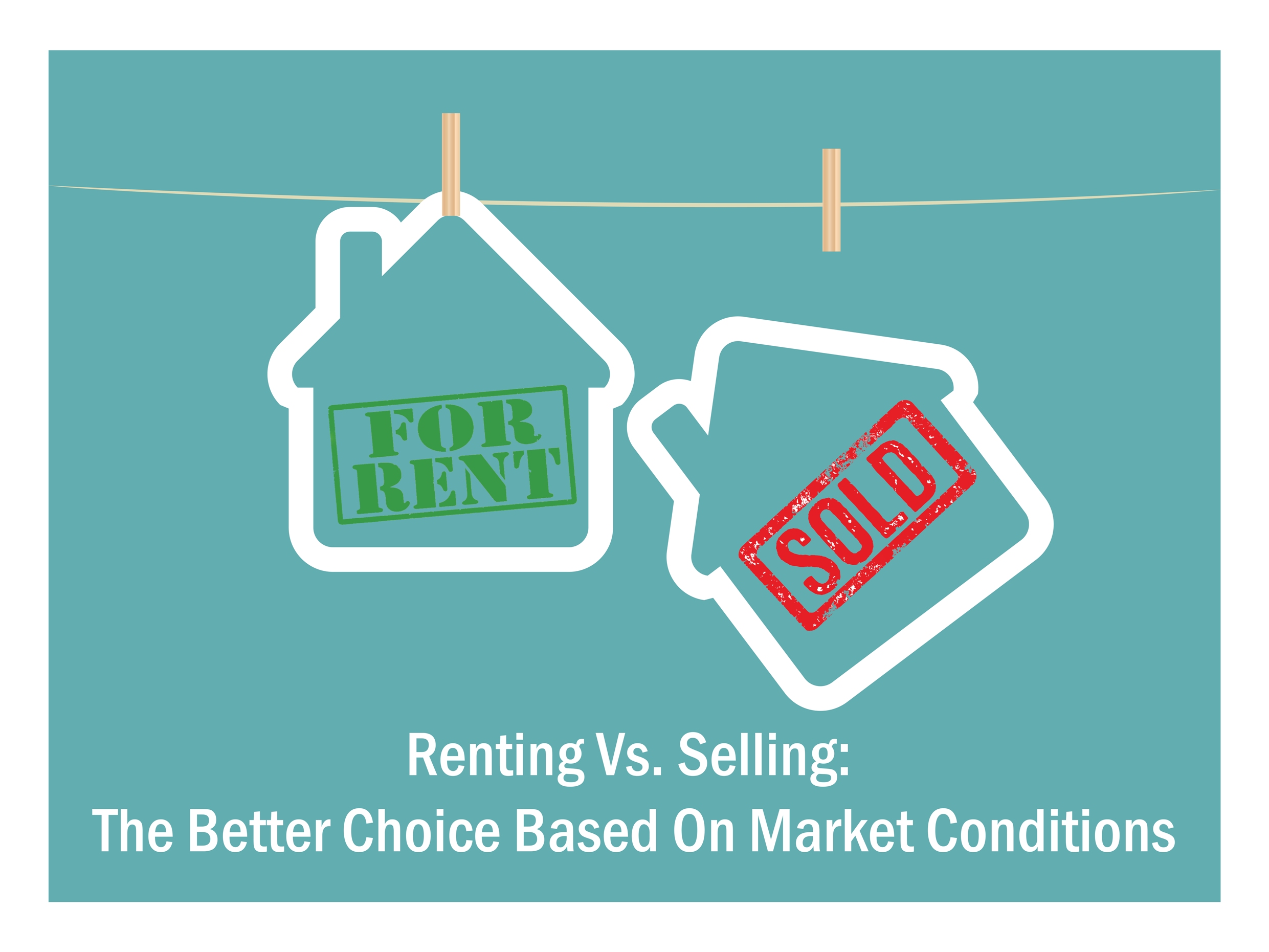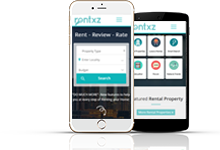
As a homeowner, one of your primary concerns is to get the best returns on your home investment. Renting out your home will assure you of a steady and long-term monthly income, whereas selling it off will reap heftier one-time returns. One of the most important things to factor in before deciding whether to rent out your home or sell it is the prevailing market condition. Assessing the nature of the market will allow you to make a more informed decision on how to get the best returns on your home investment.
The Steps To Making An Informed Decision
· Review the market conditions
· Assess your immediate and long-term requirements
· Calculate the ROI- rental yield vs. sale profit
· Evaluate the benefits of renting out your home
· Use a safe and reliable method to rent out your property
The Current Market Conditions
Any major financial investment is best viewed with a long-term perspective. When you invest in a home, it makes sense to expect significant returns only over a period of time. Therefore, real estate experts do not recommend selling off one’s property in haste in order to make a profit. However, at times when the market is exceptionally favourable, you could consider selling off your property for a significant return. At this point in time, the property prices in India have gone down by nearly 30%, as a result of several policy changes at the level of the government. Keeping in mind that real estate investment is not a form of short-term investment, and that the property prices are not expected to rise for another 2 years, it is not advisable for you to sell off your property. If you choose to sell, you will be doing so at a loss or, at the very least, while breaking even. None of these scenarios is favourable from an investment point of view. Experts recommend retaining your property at least until the prices rise, and to look at rental income as a steady and stable source of return on investment.
Calculating ROI
Another crucial factor that will influence your decision to either rent out or sell your property is the ROI. You can calculate the ROI by first reviewing all the expenses on the property and then looking at how much profit you’re making by either selling it off or renting it out. Once you have accounted for the expenses, then you will have to calculate the cash flow. If the cash flow is positive and higher in the long term when renting out the property, your decision should be to rent it out. Otherwise, you can consider selling it as soon as the market picks up. Here are some important parameters to factor in while calculating the cash flow or ROI.
· EMIs: How much are you spending as EMI for the home loan? If the long-term investment in the property is beneficial and there is scope for appreciation once the market is favourable, then it is a good idea to pay off your EMI against a monthly rental income.
· Maintenance charges and property tax: As a homeowner, you will have to factor in several expenses, such as maintenance charges, utility bills, property tax etc. Once you have the sum total of your expenses on the home, you can take an informed decision on whether to sell it or rent it out.
· Rental yield: If you choose to rent out your home, it is essential to estimate the rental yield against the price of the property. For instance, if the property has cost you Rs 60 lacs and you can get a monthly rental income of Rs. 80,000 on it, then this is considered a very good rental yield. A good rental yield is a foolproof parameter in favour of renting out your home. It is therefore essential that you enquire about the highest rental potential for your property.
The Advantages of Renting Out Your Home
As we have discussed, the current market conditions are highly unfavourable for disposing off one’s property. Renting it out, on the other hand, is a very lucrative option from the point of view of ROI. Here are some of the many advantages of renting out your home:
· Steady cash flow: One of the biggest advantages of renting out your home is the steady cash flow in terms of monthly rental income.
· Tax benefits: As a homeowner, you can avail of tax benefits under various sections of the Income Tax Act. This is another advantage of putting up your home on rent rather than selling it off.
· Flexibility to invest: With the assurance of rental yield on the one hand, you have the flexibility to invest in another property. Paying off the EMIs against the rental income is a lucrative proposition.
· Scope for property appreciation: Retaining the property and availing of regular rental income has another benefit. You allow the property to grow in the market—as real estate investment is best viewed as a long-term undertaking—and sell it off once it has appreciated significantly.
Read More: 6 Things To Keep in Mind Before Choosing an Affordable Rental House
Finding a trusted and reliable tenant is one of the best things that can happen to a homeowner. RentXZ.com is India’s 1st real estate portal to be driven by customer-generated content. Check out detailed ratings and reviews of localities, rental accommodations, prospective tenants and other essential rental parameters, so that you can get the best returns on your property investment.



0 Comments